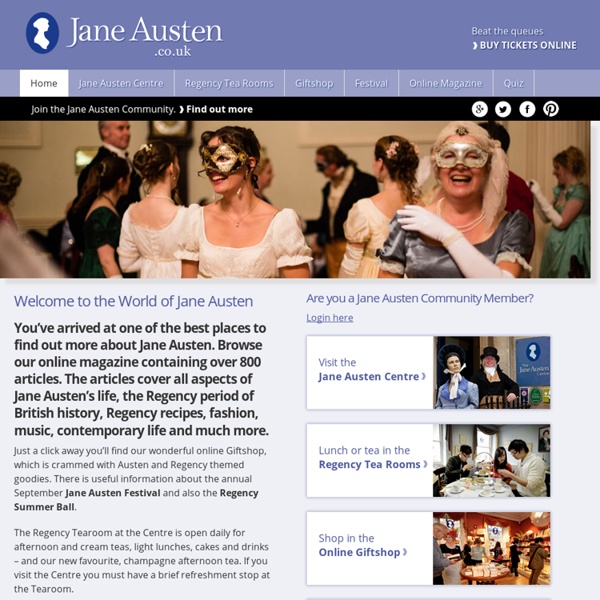



PoemHunter.Com - Thousands of poems and poets. Poetry Search Engine Brain Pickings Originals and Remnants, Dan Piepenbring Video & Multimedia June 10, 2014 | by Dan Piepenbring The poet Susan Howe is seventy-seven today. Howe remarked on the collage, and the process of recording it, in her 2012 Art of Poetry interview: HOWEI am an Americanist. And in the journal Lana Turner, Ben Lerner wrote with typical acuity about the performance: I assumed Grubbs had digitally manipulated Howe’s voice in order to mimic the fragmentation of the collages.
Share Book Recommendations With Your Friends, Join Book Clubs, Answer Trivia The Poetics of Aristotle, by Aristotle By Aristotle (350 B.C.E) A Translation By S. H. Butcher Contents Analysis of Contents I propose to treat of Poetry in itself and of its various kinds, noting the essential quality of each; to inquire into the structure of the plot as requisite to a good poem; into the number and nature of the parts of which a poem is composed; and similarly into whatever else falls within the same inquiry. Epic poetry and Tragedy, Comedy also and Dithyrambic: poetry, and the music of the flute and of the lyre in most of their forms, are all in their general conception modes of imitation. For as there are persons who, by conscious art or mere habit, imitate and represent various objects through the medium of colour and form, or again by the voice; so in the arts above mentioned, taken as a whole, the imitation is produced by rhythm, language, or 'harmony,' either singly or combined. There are, again, some arts which employ all the means above mentioned, namely, rhythm, tune, and metre.
Words and Phrases Coined by Shakespeare Words and Phrases Coined by Shakespeare NOTE: This list (including some of the errors I originally made) is found in several other places online. That's fine, but I've asked that folks who want this on their own sites mention that I am the original compiler. For many English-speakers, the following phrases are familiar enough to be considered common expressions, proverbs, and/or clichés. All of them originated with or were popularized by Shakespeare. I compiled these from multiple sources online in 2003. How many of these are true coinages by "the Bard", and how many are simply the earliest written attestations of a word or words already in use, I can't tell you. A few words are first attested in Shakespeare and seem to have caused extra problems for the typesetters. The popular book Coined by Shakespeare acknowledges that it is presenting first attestations rather than certain inventions. Words like "anchovy", "bandit", and "zany" are just first attestations of loan-words. Back to Ed's